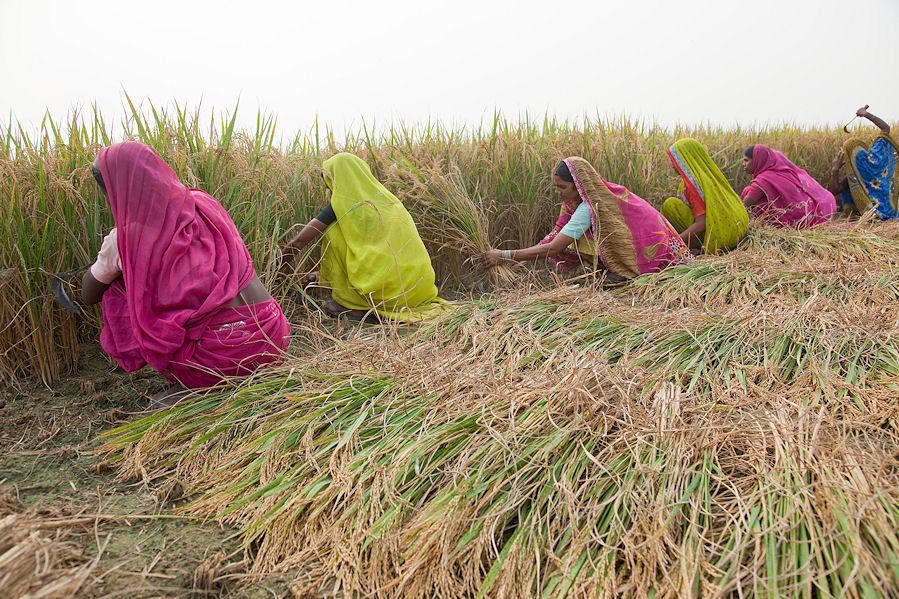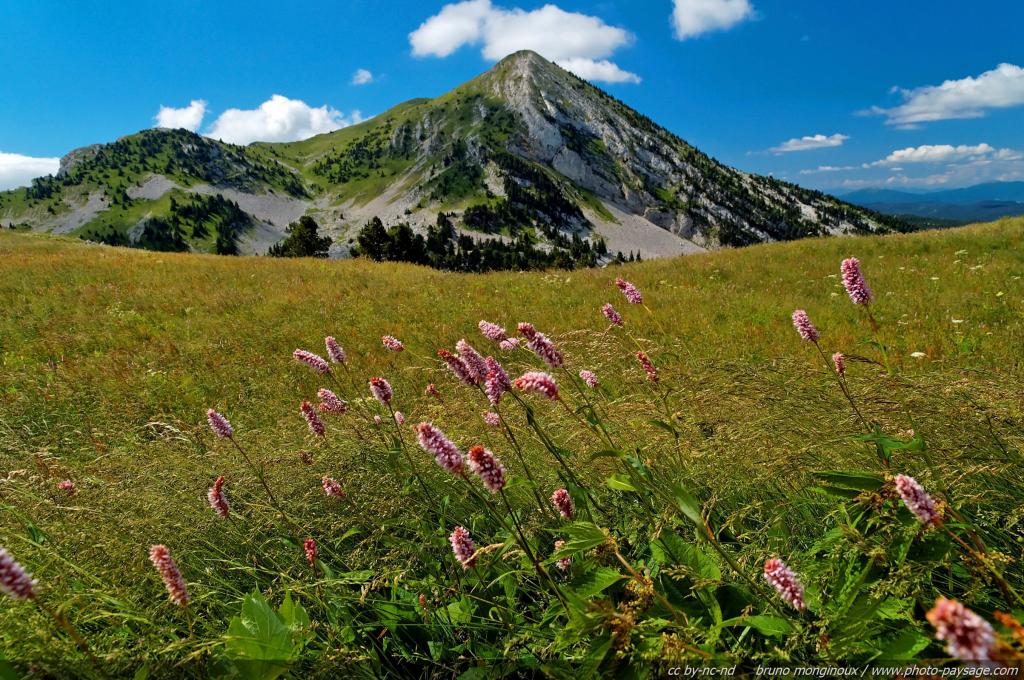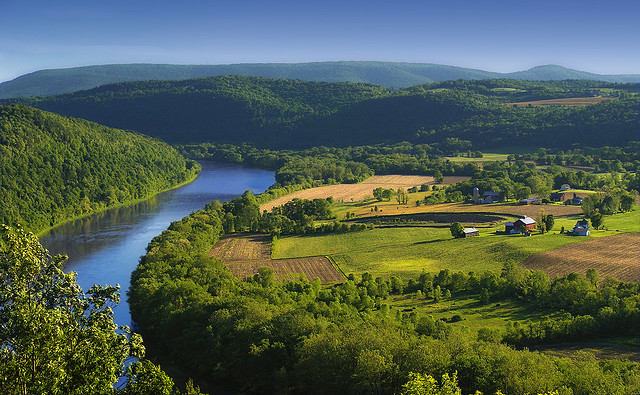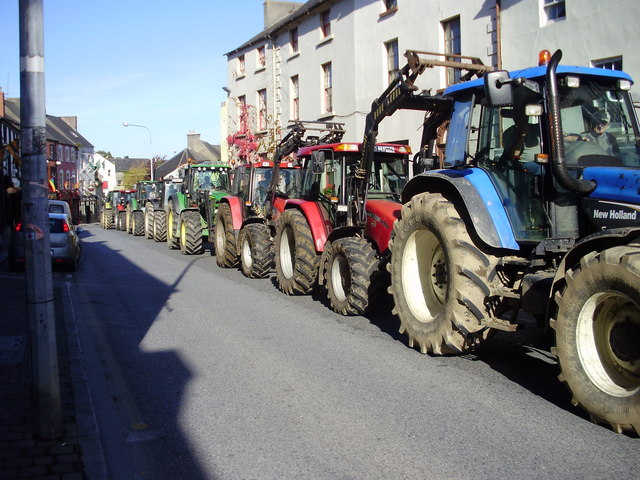Later this week (7-8 February), the European Council will meet for a second time to try to agree the parameters for the EU’s Multi-annual Financial Framework (MFF) for the 2014-2020 period. The prospects for success remain uncertain; tomorrow I will review the main outstanding issues and the likely flashpoints when the Heads of State and Government meet.
The purpose of this post is to present the numbers as published in successive drafts of the MFF since the Commission’s original proposal in June 2011 and a comparison with the numbers in the 2007-2013 MFF. This provides the context to evaluate the blueprint which European Council President Herman van Rompuy will put before the leaders and any potential agreement.… Read the rest
The development interest in the CAP reform debate
Olivier De Schutter, the UN Special Rapporteur on the Right to Food, called last week for MEPs to take into account the impact on developing countries when voting on amendments to the draft CAP regulations post-2013 (see also here). Among other issues, he called on MEPs to support the views of the European Parliament’s Development Committee, which voted unanimously in favour of a mechanism to monitor the CAP’s development impacts (look for Amendment 4 inserting a new Article 110(a)). In the voting last week, COMAGRI MEPs declined to do this.
De Schutter had previously issued a report with some controversial recommendations on how this round of CAP reform could help to realise the right to food in developing countries.… Read the rest
Who is happy with EP COMAGRI’s recent vote?
After more than a year of debate, the EP Agriculture and Rural Development Committee began adopting several amendments to the future CAP legislation on 23 and 24 January but approval remains far from certain.
Many criticisms have been made since the vote. The agro-lobby is talking about a melt-down of the urgently needed reforms and greening, reacting on the COMAGRI proposal to allow farmers to ‘opt out’ of mandatory greening requirements and still get at least 70% of the direct payments as well as watering down every single measure with so called ‘equivalents’.
Environmental campaigners also criticised the vote, alleging that the debate was dominated by agricultural interests.… Read the rest
Following the negotiations on the Direct Payments Regulation
COMAGRI will vote on compromise amendments to the Commission’s proposals for the four main CAP regulations this week. To understand the dynamics of the legislative process, it is helpful to be able to see the positions of the main institutions side-by-side. I have constructed a four-column spreadsheet table showing, article by article, the positions of the main actors as we know them to date for the direct payments regulation (download the file to your computer by clicking File, Download in the upper left of the Google Drive document when the link opens). The four columns show, for each article:
-
The Commission’s proposal October 2011
The COMAGRI rapporteur’s amendments May 2012
The Council’s position as summarised in the Cyprus Presidency document December 2012
The COMAGRI compromise amendments Jan 2013
I have only had the time to construct this table for the direct payments regulation so far.… Read the rest
The significance of Rule 70 for CAP reform negotiations
To understand the possible timing of the CAP reform negotiations it is crucial to understand the new decision-making process under the Lisbon Treaty involving both the Parliament and the Council. In a recent post, I set out my understanding of the process, based on the assumption shared by most commentators (for example, see this Brussels briefing) that the Parliament would vote in plenary on its position on CAP reform in March, thus making a first reading agreement impossible.
I now think another scenario is more likely, namely, that COMAGRI will appoint its formal trilogue negotiating team at its next meeting in a week’s time based on the mandate arising from the voting on the compromise amendments.… Read the rest
Forum on CAP reform
I did not get time before Christmas to draw attention to the Forum on the Common Agricultural Policy after 2013, a series of articles on the CAP reform process published in the Nov/Dec issue of Intereconomics. This is a review of European economic policy published jointly by the Centre for European Policy Studies and the Leibniz Information Centre for Economics. I contributed one of the articles, and the contributions of my colleagues are uniformly excellent even if they take different views on some of the main issues.
The full list of contents is as follows:
Jean-Christophe Bureau Where is the Common Agricultural Policy heading?… Read the rest
Welcome to the Irish Presidency
Ireland took over the EU Presidency from 1 January 2013 and the Irish Minister for Agriculture, Food and the Marine, Simon Coveney, will chair the Council of Agricultural Ministers for the next six months. Coveney is an energetic Minister and the Irish have an experienced bunch of officials (see who’s who in the Irish delegation) who will do everything to ensure an agreement on CAP reform on their watch.
Securing an agreement under the Irish Presidency is conceivable. But I am going to argue that the institutional decision-making process between the Council and the Parliament, as well as the linkage with the Multi-annual Frinancial Framework (MFF) negotiations, will make it extraordinarily difficult, even assuming that the European Council will reach an agreement on the next MFF at its next meeting on 7-8 February 2013.… Read the rest
Cyprus Presidency progress report on CAP reform – direct payment controversies
When the Agricultural Council meets tomorrow and Wednesday (18-19 December) it will discuss the Cyprus Presidency’s progress report on CAP reform. As the first day of the December Council is devoted to the annual bargaining over fish quotas, this report will be presented in a public session (with web streaming) on the morning of Wednesday 19th.
The progress report is drawn up by the Presidency on its own initiative and summarises the main amendments to the four main CAP regulations as well as outstanding issues which are left for the Irish Presidency to resolve. As it is highly unlikely that the Irish Presidency will revisit issues unless they are expressly identified as unresolved (in square brackets), the progress report and the accompanying amended draft regulations give us a good idea of the evolution of the Council’s thinking since the end of the Danish Presidency last June.… Read the rest
Correction: Rural development funds allocation
There has been much interest in the provenance of the figures on the allocation of rural development funding between member states which I discussed in this post earlier this week. In the post I said that these were figures circulated by Herman van Rompuy during the special European Council meeting to discuss the MFF on November 22-23. Having spoken with some people who were present at the Council meeting I can now confirm that Van Rompuy did not circulate these figures at that meeting. I believe the figures were prepared by well-placed sources but they are not official figures and I regret any confusion which my incorrect assignation may have caused.… Read the rest
Understanding the 'active farmer' debate
When COMAGRI publish their compromise amendments to the Commission’s draft revised CAP regulations, one issue to look out for will be the proposed definition of active farmers. This has been a difficult area in the direct payments regulation dossier because the issue of how to define an active farmer goes to the heart of the decoupled nature of the SPS system.
The item is on the reform agenda because of repeated criticisms of the Court of Auditors, first in the context of its report on SPS implementation and more recently in its report on SAPS implementation in the new member states.… Read the rest






